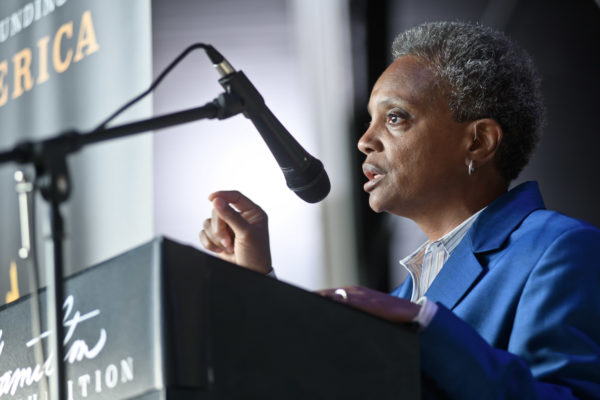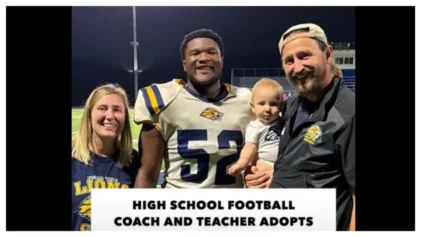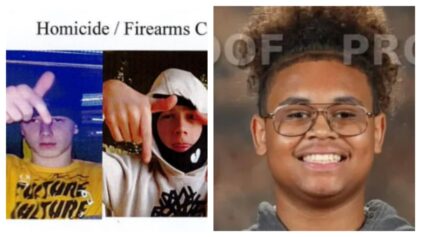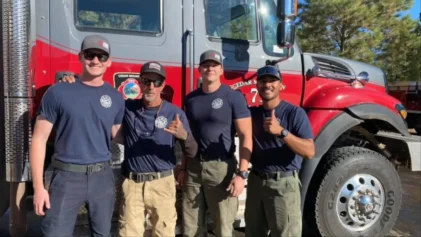In an effort to reduce violence perpetuated by gangs, the city of Chicago has unveiled a plan to sue gang members and go after their assets.
An ordinance was introduced by Chicago Mayor Lori Lightfoot on Tuesday, Sept. 14, and sent to the City Council Rules Committee, where reportedly ordinances often end up dying.

“What we are proposing is a tool in civil courts that gives us the opportunity to go after those gangs that are wreaking havoc and, in particular, take away the profit motive from them by seizing assets that they have been able to purchase because of their violent activity in our neighborhoods,” Mayor Lightfoot said on Friday, Sept. 10.
“We have to put a marker down that we are using every tool in our toolkit to push back against these violent gangs that are leaving a trail of blood and death and misery in their wake,” she said.
The ordinance reportedly would be modeled after the Illinois Street Gang Prevention Act, intended to penalize and deter gang violence, and which has been employed in some of Chicago’s suburban counties.
Through the ordinance, which comes as gang violence continues to spiral out of control in the city, authorities would be able to sue gang members for damage they inflict and seize their assets, including objects from ill-gotten gains like guns, cars, jewelry and money.
“We can’t wait for anybody else,” Lightfoot said recently, according to the Chicago Sun-Times. “We have an opportunity to bring these violent street gangs into civil court, out of the shadows, expose them for what they are — and, if we’re successful, and I think we will be, take their assets and the profit motive for killing our babies.”
Police say gangs, guns and drugs are fueling the violence that continues to claim lives in Chicago.
About 261 children have been shot in Chicago since the start of the year and 41 have died, Fox News reported earlier this month.
Some civil rights groups and aldermen have criticized the ordinance, ABC7 reported. “There’ll be a fight over every single one of these civil lawsuits that’s filed,” said Ed Yohnka, with ACLU of Illinois. “None of this will end up being effective in addressing the violence.”
Similar measures used in suburbs have produced mixed results. Gang members may be taken to court but their assets are rarely seized.
Rossanna Rodriguez Sanchez, alderman, 33rd Ward, called the ordinance a PR move.
“We believe that ordinance is just a PR move right now, so the administration can say that they are doing something about crime, but the reality is it’s not going to change much,” she said.
In 2018, a Kane County judge dismissed a suit against two men who were placed onto the Elgin’s gang database because they had attended the funeral of a slain Latin Kings member.
Their names were purged in 2013 when they were no longer affiliated. The judge dismissed the case because the men weren’t affiliated when the suit was filed. The men are seeking compensation for being wrongly named in the suit.
John Mauck, an attorney who successfully defended four men against the same type of lawsuit in Kane County, called Lightfoot’s announcement “98 percent political and 2 percent reality.”
The measure must be approved by Chicago’s City Council before it becomes a law.


